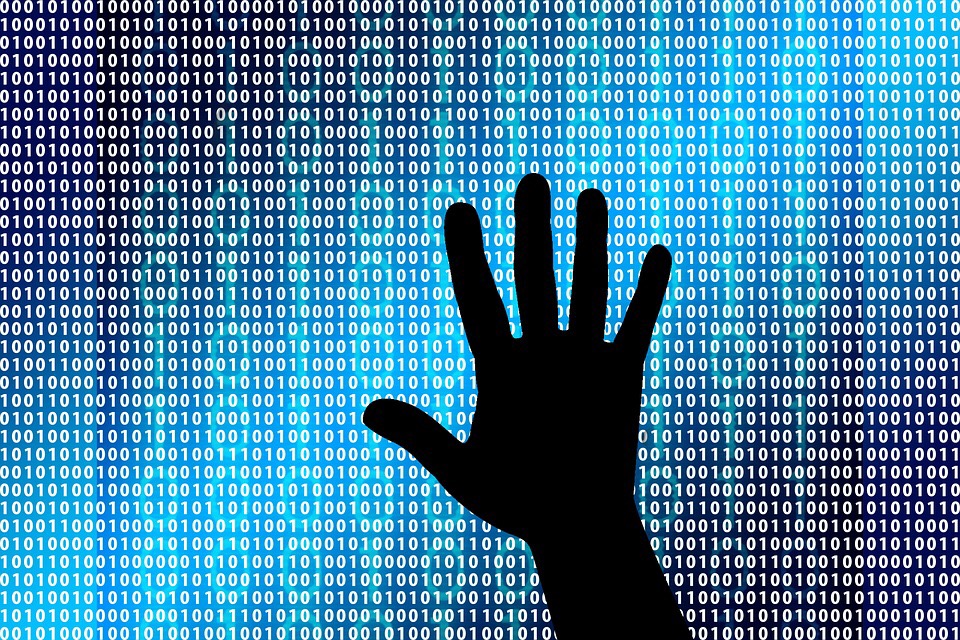Cyber Security: 5 Steps You Should Take

I work in the field of cyber security. Specifically, I focus on credit card information safety. I am sure it comes as no surprise that protecting credit card information is a hot button issue at the moment and people working in security are constantly trying to fend off every conceivable attempt to steal your credit card information.
So with that in mind, here’s a few goodies to help keep your credit card information safe online:
Do not respond to any email or click on any link when you cannot confirm the identity of the sender:
This one should be obvious by now, but I still hear about tech savvy people responding to a survey or clicking a link to see if they really did win a $1000 gift card to Trader Joe’s, Wal-Mart or wherever. Joe and Mr. Walton would not give you a $1000 dollars if their lives depended on it. Relax, I’m sure they are great people that do amazing things in the world, but these types of emails are not from their companies. They are phishing scams meant to steal your information.
Avoid unsecured websites:
Okay, this one may be a little tricky. Have you ever clicked on a link to a site and a message pops up stating the “site is not secure, click to proceed anyway?” This has nothing to do with the self-esteem of the site or its creators.
Secure sites are “secure” for a couple of reasons. One reason is to carry a valid ID around so when they get “carded” by your computer, they can be deemed “trusted.” The ID is called a site certificate and they are issued by a few organizations that are allowed to give them out or sell them. They verify the site is who it says it is. Just so you know, whenever you click “proceed anyway” you are basically letting in an unidentified site. That’s important to understand.
Don’t use a credit or debit card linked directly to your account at non-reputable establishments.
I would like to take this a step further; nowadays there are so many options to build your own prevention plan. There is no getting around the convenience of using plastic. But learn how to be a little covert about it.
Load up a good pre-paid card and use that instead of the debit card linked to your main checking account. There are some inexpensive cards out there that you can use to protect your main account. And yes, banks are good about returning stolen funds, but sometimes it gets ugly and can take a while. An investigation could take some time, leaving you high and dry.
Be very careful downloading free apps on your Android smartphone.
This may seem extreme, but I’m going to give you some inside hacker info here people: Those free games and useless apps in Google Apps are written and used to gather and/or steal information from you. Sometimes they are so blatant, they will post the make and model of the phone and the username of the device online to let the creator and other hackers know where the hack works. The software may not automatically grab your card info, but it will send personal information to the hacker’s repository where it can be packaged and sold.
Keep your home computer safe:
- Do everything you can to keep malicious software off of any computer you shop or manage your banking on. Surf and download very cautiously.
- Use malware and virus protection software and run it often.
- Use a good cleaning utility to clean old temp files and wipe the free space of your hard drive. Remember, things are not deleted when you send them to the recycling bucket. I like CCleaner. It’s free and it has options for wiping clean old deleted files.
- Keep your computer up-to-date. Do not ignore updates.
- Restart your computer often. This isn’t one you hear about too much anymore, but sometimes information can sit in RAM (this is another type of storage your computer manages) indefinitely and if you are hacked, the files this memory uses could be compromised. Restarting the computer will clear this memory out.
Photo Credit: bykst via Pixabay
About the Author:
Thomas Daley is the Network Security Specialist and certified Payment Card Industry Internal Security Assessor at the PPA. Tom is a lifelong native of Philadelphia, grew up in Kensington, graduated from Visitation BVM grade school, Northeast Catholic High School for Boys, and Duquesne University. He has 18 years of diverse IT experience, including the incorporation of his first I.T. Consulting Business when he was 24 years old. Later he worked for Lockheed Martin as an Information Assurance Security Officer (IASO) for the United States Army.
